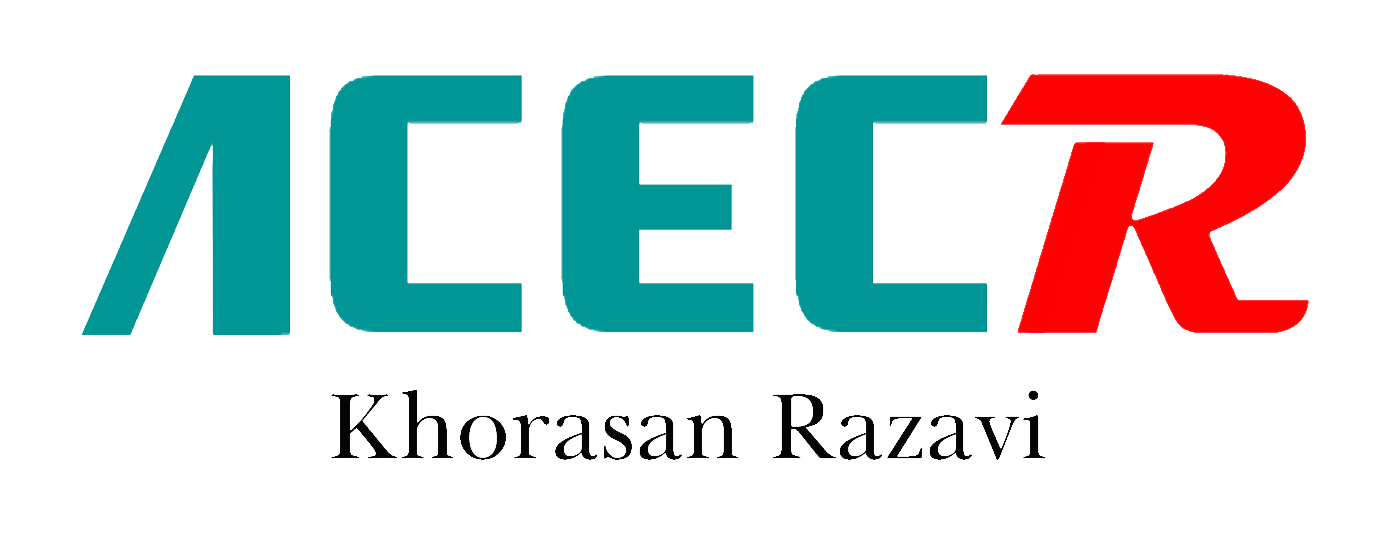laboratory
Wednesday ، 05 January 2022
Food industry research laboratories
Food and providing a sufficient amount of it with high quality and safety is one of the most basic human needs , which has always been considered as one of the main and critical concerns of human societies. In this matter, the food industry is one of the largest industries in the province due to the transformation of Khorasan province into the hub of food industry and increasing its market share in the world. The industry’s wide range of activities on the one hand and the necessity of compliance with the standards and improving the quality of the products on the other have led the industry owners to consider research as one of the inevitable parts of their management.
Regarding the importance of food and the increasing number of production units and the limited laboratory facilities in the regulatory agencies, modern laboratories equipped with the tools and equipment needed to be implemented some specialized tests for research and commerce purposes (export and import) in accordance with national and international standards with credible results in domestic and international authorities are necessary.
Therefore, the Food Industry Research Laboratory started working in 2002 (1381) in the field of quality control and examination of the physicochemical and microbial properties of food products. This laboratory is capable of controlling the raw materials used in food and processed food industries at all stages of production, supply and distribution through conducting sensory, physical, chemical and microbial tests based on existing standards.
Capabilities
- Conducting specialized tests required for research projects
- Implementing specialized texts required for postgraduate theses
- Providing laboratory services to food production and marketing units
- Holding special trained courses for college graduates and manufacturing units
- Attracting student research projects and theses
- Conducting research and consulting activities for production units
- Participating in the development of Irans national food standards
Facilities and equipment
Considering the increasing development of laboratory devices and the importance of speed and accuracy in analysis, Khorasan-e Razavi ACECR Accredited Laboratory not only is engaged in research projects of ACECR Food Science and Technology Research Institute, but also in other government and non-governmental sectors because it has appropriate space, skilled and technical staff and specialized equipment such as Physicochemical laboratory and microbiology laboratory (sterilization room, preparation room and culture room). This laboratory is also able to perform many specialized tests to control food quality.
|
Food texture test |
Food color test (Hunter Lab) |
|
Water activity measurement |
Protein and peptide isolation (electrophoresis) |
|
Mixing, extraction, surface cleaning (ultrasound, bath & probe) |
Homogenization of aqueous phases, homogenization of materials (homogenizer) |
|
Protein / nitrogen measurement (Kjeldahl) |
Fat percentage measurement (Soxhlet) |
|
Isolation of solid particles from liquid (regular and refrigerated centrifuges) |
Spectroscopy, determination of spectral absorption in materials (UV-VIS spectrophotometer) |
|
Identification of viruses and bacteria (ELISA device) |
Ash measurement (electric furnace) |
|
Sterilizing metals, glass and drying samples (oven and dryer) |
Isolation of fat from milk and dairy products (Gerber centrifuge) |
|
Mixing and softening food with the desired mesh (hammer and abrasion) |
Determination of refractive index (refractometer) |
|
Preparing double distilled water for solution (water distillation machine) |
Analysis of factors related to milk and non-dairy milk products (Milkoscan) |
|
Bread and cake production (oven, dough, packaging) |
Freezing of ice cream mixture and making it uniform (ice cream maker) |
|
Growth of microorganisms at different temperatures (cold incubator) |
Sterilizing the culture media and cultivation equipment (Autoclave) |
|
Setting and keeping the temperature uniform throughout the process (circulator) |
Determination of viscosity of pastes and concentrates (rotary viscometer) |
|
Extraction of plant active ingredients (Clevenger) |
Identification and photography of microorganisms (camera equipped microscope) |
|
General equipment includes: PH meter, scales, shaker, vacuum pump, hot plate, bain-marie, chemical and microbial hood |
|
|
Investigation and microbial cultivation of various foods including: Overall enumeration of microorganisms, mold, yeast, sulfite reducing clostridia, Escherichia coli, coagulase-positive staphylococci, Bacillus cereus, Clostridium perfringens, Pseudomonas, Enterococcus, lactic acid bacteria, Enterobacteriaceae, mold counts (Howard), salmonella |
|
